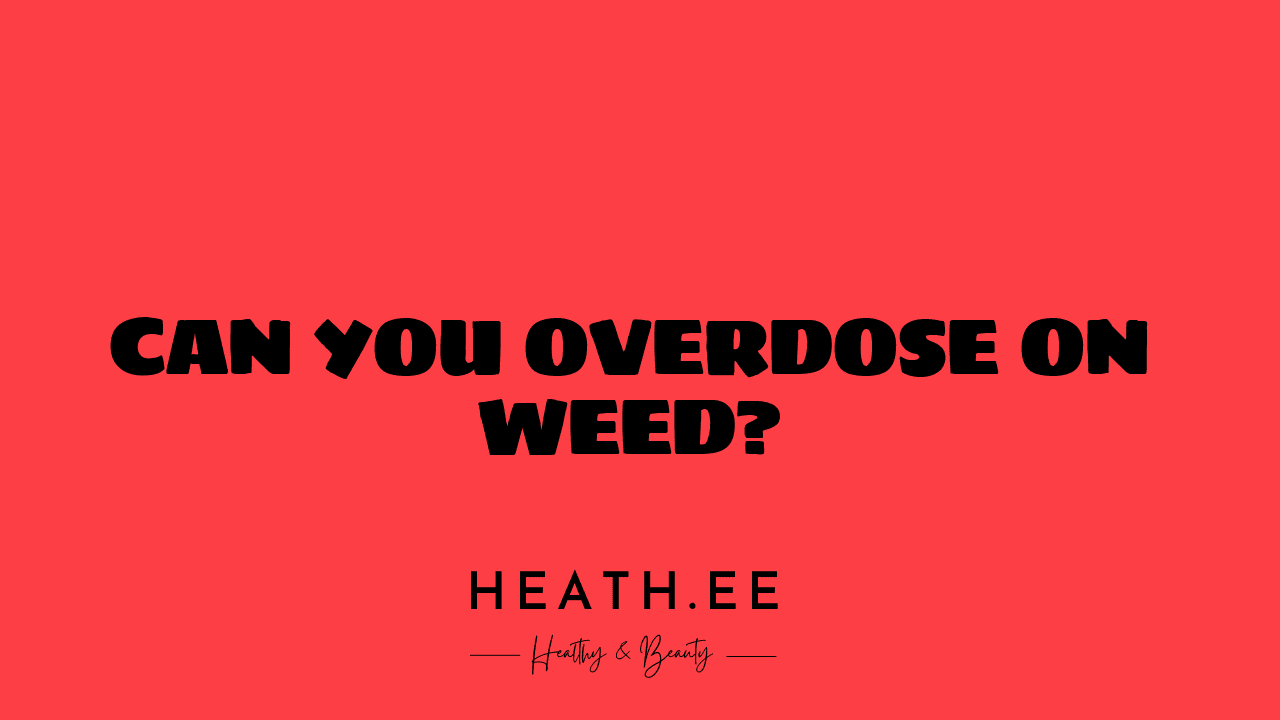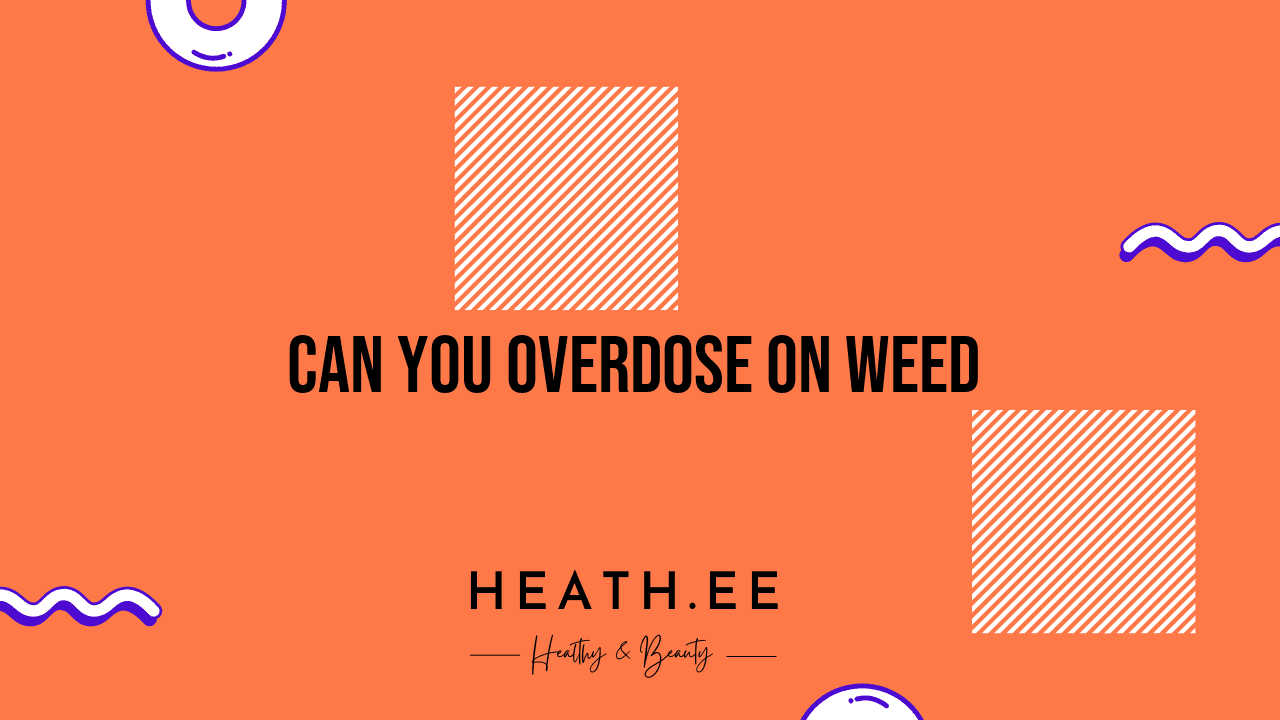Weed, also known as marijuana, cannabis, or pot, has been used as a recreational drug for centuries. Recently, it has become increasingly popular as a medicinal drug, with many states legalizing its use for medical purposes. But can you overdose on weed?
The short answer is no, you cannot overdose on weed. However, that does not mean that there are no risks associated with using marijuana. In this blog post, we’ll take a look at the potential risks of using marijuana and how to stay safe when using it.
What is Marijuana?
Marijuana is a plant that contains a psychoactive chemical known as tetrahydrocannabinol (THC). When consumed, THC binds to cannabinoid receptors in the brain, which can produce a feeling of relaxation, euphoria, and altered perception.
Marijuana can be consumed in several different ways, including smoking, vaporizing, and ingesting edibles. Each method of consumption carries its own risks and benefits.

Is Marijuana Addictive?
Some people may develop a dependence or addiction to marijuana. Signs of marijuana addiction include cravings, difficulty controlling use, and withdrawal symptoms such as irritability, insomnia, and decreased appetite.
If you believe you may be addicted to marijuana, it is important to seek help from a qualified medical professional.
Is Marijuana Safe?
Although marijuana is not considered to be as addictive or dangerous as other drugs, there are still risks associated with its use.
Marijuana smoke contains many of the same toxins and carcinogens as tobacco smoke, which can increase the risk of respiratory problems such as bronchitis and emphysema. Additionally, marijuana can impair coordination and judgment, which can make it dangerous to drive or operate machinery.

Can You Overdose on Weed?
No, you cannot overdose on weed. Unlike other drugs, marijuana does not cause a life-threatening overdose.
However, it is possible to experience an adverse reaction to marijuana. Symptoms of an adverse reaction to marijuana include anxiety, paranoia, panic attacks, and hallucinations. If you experience any of these symptoms, it is important to seek medical attention.
What Are the Long-Term Effects of Marijuana Use?
The long-term effects of marijuana use are still being researched, but some studies have suggested that chronic marijuana use may be associated with an increased risk of mental health problems such as depression and anxiety. Additionally, marijuana use has been linked to an increased risk of cognitive decline in older adults.
Is Marijuana Legal?
The legal status of marijuana varies from state to state. In some states, marijuana is legal for medicinal and/or recreational use, while in others it is still illegal. It is important to check the laws in your state before using marijuana.
How Can I Stay Safe When Using Marijuana?
If you choose to use marijuana, there are some steps you can take to stay safe.
First, it is important to use marijuana in moderation. The effects of marijuana can vary greatly from person to person, so it is important to start with a small dose and increase gradually.
Additionally, it is important to be aware of the legal status of marijuana in your state. If marijuana is illegal in your state, it is important to avoid using it.
Finally, it is important to be aware of the potential risks associated with marijuana use. If you experience any adverse effects, it is important to seek medical attention.
Conclusion
In conclusion, it is important to remember that while you cannot overdose on weed, there are still risks associated with its use. If you choose to use marijuana, it is important to use it in moderation and be aware of the potential risks. Additionally, it is important to be aware of the legal status of marijuana in your state.



